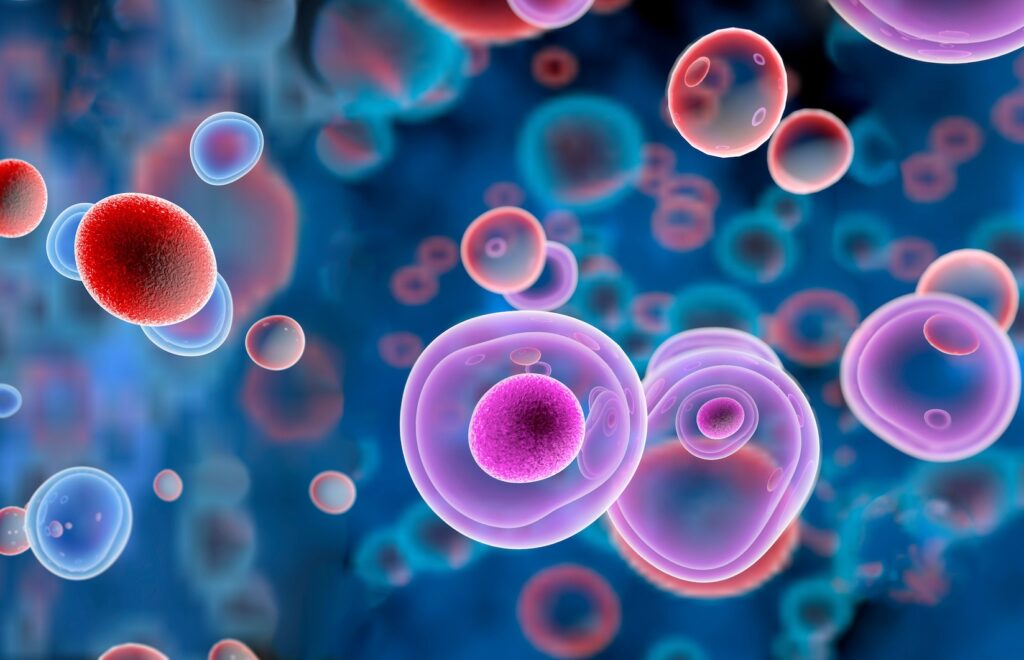Mast Cell Activation Syndrome (MCAS) is a condition in which mast cells, a type of immune cell, are overly sensitive and release excessive amounts of various chemical mediators. These mediators can trigger a wide range of symptoms throughout the body. MCAS symptoms can vary from person to person, and they may resemble symptoms of allergies, autoimmune diseases, or other conditions. Common symptoms of MCAS can include:
- Skin Symptoms:
- Hives (urticaria)
- Flushing (redness and warmth of the skin)
- Itchy skin
- Swelling (angioedema)
- Respiratory Symptoms:
- Wheezing
- Shortness of breath
- Coughing
- Chest tightness
- Congestion
- Gastrointestinal Symptoms:
- Abdominal pain
- Nausea and vomiting
- Diarrhea or constipation
- Bloating
- Acid reflux
- Cardiovascular Symptoms:
- Rapid heart rate (tachycardia)
- Low blood pressure (hypotension)
- Dizziness or fainting
- Neurological Symptoms:
- Headaches
- Brain fog
- Memory problems
- Anxiety or mood changes
- Neuropathic pain (nerve pain)
- Musculoskeletal Symptoms:
- Joint pain
- Muscle pain
- Weakness or fatigue
- Flu-like Symptoms:
- Fatigue
- Fever or chills
- Malaise (general feeling of being unwell)
- Anaphylaxis: In severe cases, MCAS can lead to anaphylaxis, a life-threatening allergic reaction characterized by swelling of the throat, difficulty breathing, and a sudden drop in blood pressure.
It’s important to note that MCAS symptoms often fluctuate and can be triggered or exacerbated by various factors, including stress, certain foods, medications, physical exertion, and environmental factors. Additionally, symptoms may not always present as a classic allergic reaction.
If you suspect you have MCAS or are experiencing symptoms that resemble MCAS, it’s crucial to consult with a healthcare provider experienced in diagnosing and managing the condition. Proper diagnosis and treatment can help individuals with MCAS better manage their symptoms and improve their quality of life.




